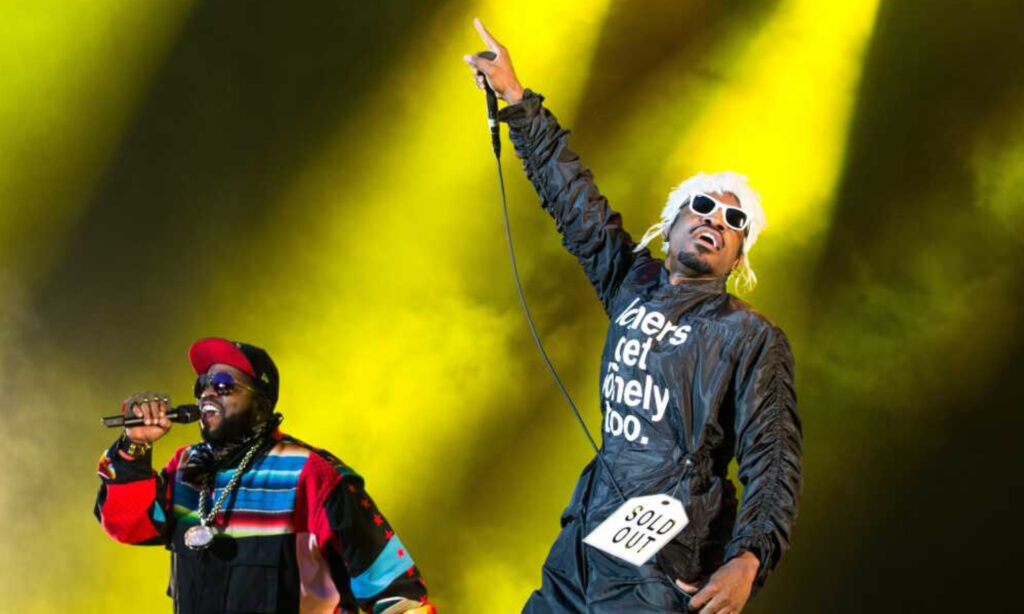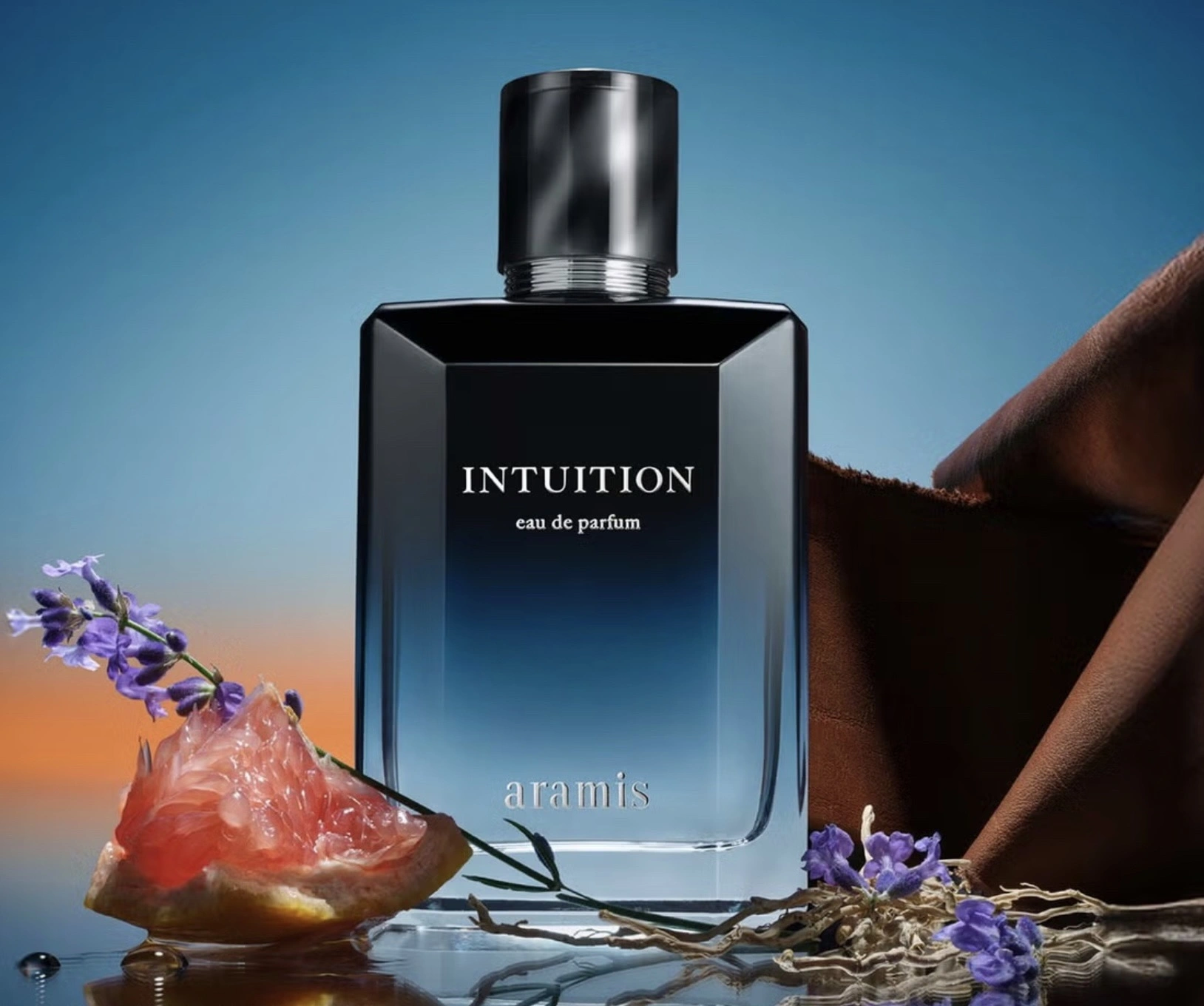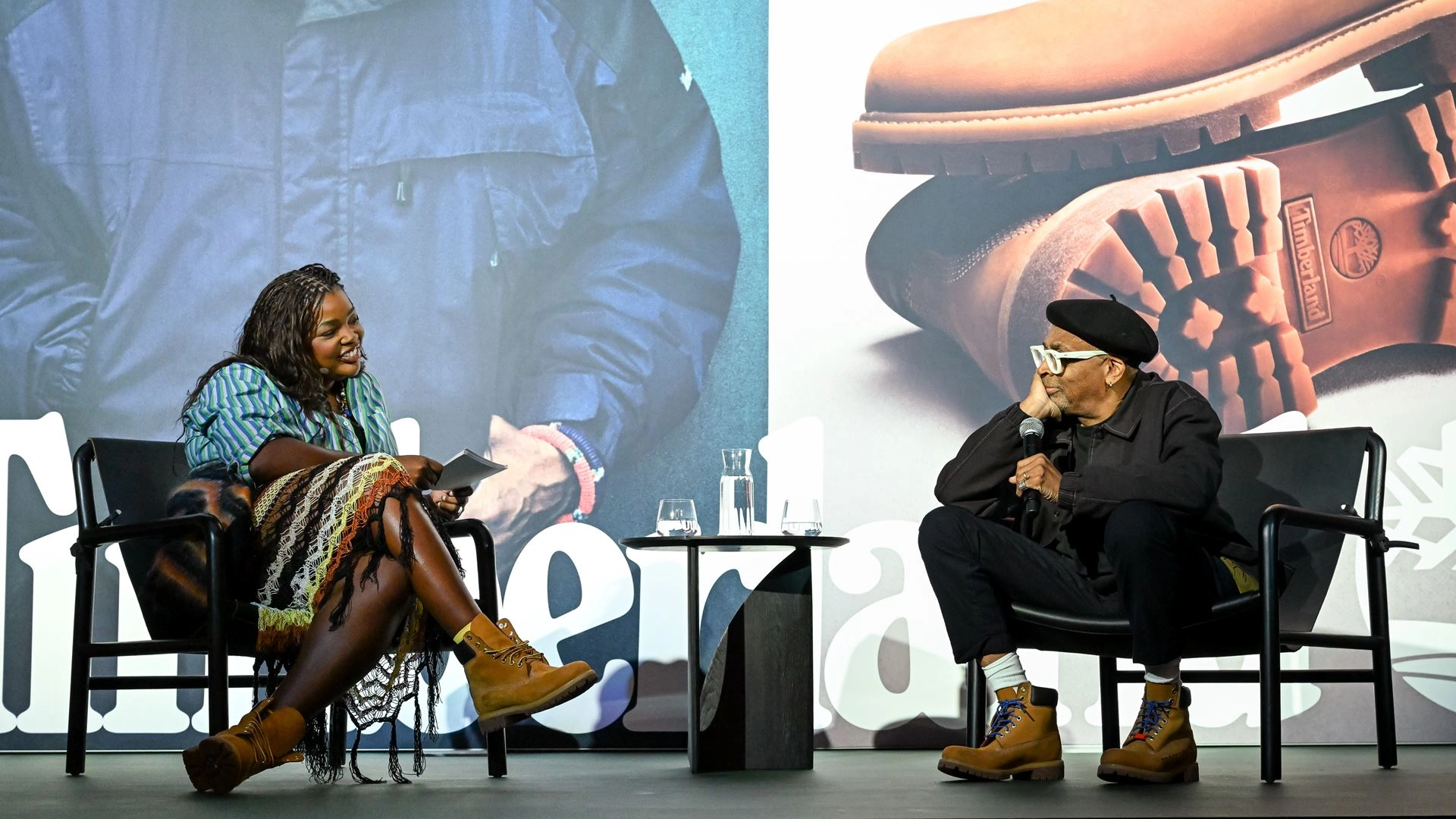In the ever-evolving story of American music, few moments feel both long-overdue and prophetically timed. Later this year, OutKast—Atlanta’s visionary hip-hop duo composed of André “3000” Benjamin and Antwan “Big Boi” Patton—will officially be inducted into the Rock & Roll Hall of Fame. Alongside fellow 2025 inductees like The White Stripes, Cyndi Lauper, and Soundgarden, OutKast’s entry marks a historic milestone: they will become the first rap duo ever admitted into the Hall’s prestigious ranks, a distinction made even sharper after last year’s conspicuous omission of Eric B. & Rakim.
For OutKast, the recognition feels not just appropriate but seismic. Their music reshaped hip-hop’s borders, challenged America’s narrow ideas of regional sound, and ultimately bent pop culture toward their own strange, electric gravity. In celebrating their induction, we are also honoring the enduring, transformative possibilities of art—especially when it dares to be different.
Planting Southern Roots: Where It All Began
When OutKast emerged in the early 1990s, hip-hop’s cultural cartography was a rigid binary: the East Coast’s cerebral lyricism versus the West Coast’s swaggering, cinematic cool. The South was, at best, an afterthought, often dismissed as too slow, too provincial, or simply irrelevant.
OutKast’s debut album, Southernplayalisticadillacmuzik (1994), detonated that narrative. They didn’t ask for a seat at the table—they built a new one. The album throbbed with thick bass lines, shimmering live instrumentation, and a confidence that felt unteachable. It was a tapestry of Atlanta slang, spirituality, hedonism, and an intuitive musicality that transcended regional stereotypes.
Through songs like “Player’s Ball” and “Git Up, Git Out,” OutKast reimagined the South not as a backwater but as a fertile, futuristic space. They planted seeds that would later blossom into the Southern hip-hop renaissance, paving the way for artists from T.I. to Future to Lil Baby to command global attention without apology.
ATLiens and Aquemini: Growth Beyond the Earth
If Southernplayalisticadillacmuzik announced their arrival, ATLiens (1996) revealed OutKast’s growing ambition. André and Big Boi began to orbit different thematic galaxies, exploring alienation, spirituality, and the surreal strangeness of fame. The beats became spacier, the rhymes tighter, the production more atmospheric.
Then came Aquemini (1998), a masterpiece often cited among hip-hop’s greatest achievements. Here, OutKast fused their dual energies—the dreamlike introspection of André, the earthbound wisdom of Big Boi—into a rich, dynamic whole. Tracks like “Return of the G,” “Rosa Parks,” and “SpottieOttieDopaliscious” (with its immortal spoken-word breakdown) transcended genre, folding soul, funk, gospel, and Southern folklore into hip-hop’s DNA.
Their narrative was no longer just about the South. It was about identity, freedom, cosmic longing. In doing so, OutKast expanded hip-hop’s expressive range, proving it could hold multitudes beyond urban struggle or braggadocious triumph.
Stankonia: The Birth of a New Millennium Sound
By the time Stankonia dropped in 2000, OutKast were less a group than a phenomenon. They had not only redefined Southern hip-hop—they had exploded hip-hop’s sonic boundaries altogether.
Stankonia arrived as a sonic jolt: chaotic, colorful, reckless, revolutionary. “B.O.B (Bombs Over Baghdad)” fused frantic drum and bass rhythms with gospel choirs and political anxiety. “Ms. Jackson” offered a raw, tender apology to a former lover’s mother, wrapped in a melody so infectious it conquered radio worldwide. “So Fresh, So Clean” was a laid-back strut through postmodern Southern cool.
The album wasn’t just innovative—it was prescient. In an era before Spotify algorithms and genreless playlists, OutKast foresaw a world where musical boundaries would collapse, where influences could cross-pollinate freely. They taught a generation of artists that hybridization was not dilution but evolution.
Speakerboxxx/The Love Below: A Double Vision of Greatness
If Stankonia was a revolution, then Speakerboxxx/The Love Below (2003) was its sprawling, surreal aftermath. In releasing a double album—one side primarily by Big Boi, the other by André 3000—OutKast challenged the very concept of group identity.
Big Boi’s Speakerboxxx celebrated Atlanta’s vibrancy, blending street wisdom with radio-ready bangers like “The Way You Move.” Meanwhile, André’s The Love Below abandoned traditional rap altogether, diving headfirst into a kaleidoscopic exploration of funk, pop, cabaret, and psychedelic romance. “Hey Ya!” became an unstoppable anthem, transcending genre, generation, and geography.
Together, the double album sold over 10 million copies and won the Grammy for Album of the Year, a first for a hip-hop act. In an era still skeptical about rap’s legitimacy in broader musical conversations, OutKast didn’t just kick the doors open—they tore the whole house down.
Beyond Music: Style, Persona, and Philosophy
OutKast’s influence cannot be measured solely by their music. They were cultural architects whose very existence challenged norms.
André 3000, with his flamboyant fashion choices—turbans, football pads, silk scarves—rejected hip-hop’s hypermasculine uniform. He carved space for gender fluidity, theatricality, and vulnerability years before such conversations entered the mainstream.
Big Boi, meanwhile, embodied a different kind of rebellion. His style—sharp, confident, rooted in Atlanta’s street DNA—reflected the dynamic resilience of Black Southern life. His persona grounded OutKast’s flights of fancy, ensuring their experiments never lost touch with lived realities.
Together, they made it clear: Black creativity could be limitless, contradictory, wild. OutKast’s ethos wasn’t just “be yourself.” It was “be your weirdest, boldest, truest self”—and dare the world to follow.
The Broader Landscape: Why This Induction Matters
OutKast’s Hall of Fame induction isn’t just about honoring two brilliant artists. It’s about acknowledging that hip-hop—the most significant cultural movement of the last half-century—deserves its full seat at the American musical canon.
Historically, the Rock & Roll Hall of Fame has been slow to recognize rap. While icons like Tupac Shakur, Jay-Z, and The Notorious B.I.G. have been inducted, the genre’s broader narrative—its regional variants, its diverse philosophies—often remains sidelined.
By inducting OutKast, the Hall isn’t just ticking a box. It is finally honoring the radical pluralism that has always defined rock ‘n’ roll’s true spirit. What is rock at its core if not rebellion, innovation, and an unapologetic demand for self-expression? OutKast embodies all of these qualities—not with guitars and leather jackets, but with Southern drawls, alien beats, and daydreaming verses.
The Backdrop of Omission: Eric B. & Rakim and Mariah Carey
OutKast’s induction also casts a light on notable absences. Eric B. & Rakim’s exclusion remains a glaring oversight. As architects of modern lyricism and production sophistication, their absence highlights how the Hall’s relationship to rap remains complicated and sometimes resistant to the genre’s early pillars.
Meanwhile, Mariah Carey—shortlisted but ultimately passed over—reminds us that Hall of Fame decisions often mirror broader cultural biases. Carey’s absence feels particularly acute considering her genre-blending innovations and towering influence over contemporary vocal styles.
In this context, OutKast’s success should be celebrated but not seen as a final victory. Their induction is a chapter, not a conclusion, in the ongoing fight to ensure hip-hop’s full history—and full glory—is recognized.
Legacy and Afterlife
Though OutKast has not released a full album since Idlewild (2006), their shadow looms larger than ever. Artists across genres cite them as inspirations: Kendrick Lamar’s narrative ambition, Tyler, The Creator’s colorful subversion, Travis Scott’s spacey atmospheres, Janelle Monáe’s afrofuturistic visions—all owe debts to the world OutKast imagined.
In many ways, OutKast anticipated the modern musical condition: genreless, borderless, unapologetically experimental. They offered a blueprint for how to stay Southern yet global, how to remain accessible without sacrificing idiosyncrasy.
Their music endures because it refuses to stand still. It moves with the speed of thought, the texture of dreams, the rhythm of lives lived loud and strange and beautiful.
Closing Reflections: A Coronation Deserved
In inducting OutKast into the Rock & Roll Hall of Fame, the music world acknowledges more than just a decorated career. It honors a radical redefinition of possibility itself.
OutKast did not simply chase trends; they made them irrelevant. They refused to conform to the industry’s limited imagination of what Southern artists—or Black artists, or rappers, or duos—could be. In doing so, they widened the aperture of American music.
Their story is not just Atlanta’s story. It is not just hip-hop’s story. It is an American story—a chronicle of reinvention, resilience, rebellion, and rapture.
As André once said on “Elevators (Me & You),” “True, I got more fans than the average man / But not enough loot to last me to the end of the week.” That humility, that awareness of struggle even amid triumph, remains core to their ethos.
Now, as they ascend into the Hall of Fame, André 3000 and Big Boi do so not as anomalies, but as architects. Not as outliers, but as originators. They were, are, and always will be, Southernplayalisticadillac legends.
Long live OutKast.
No comments yet.









